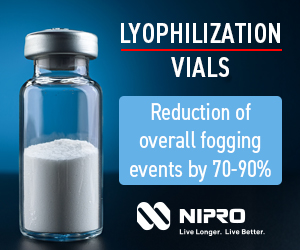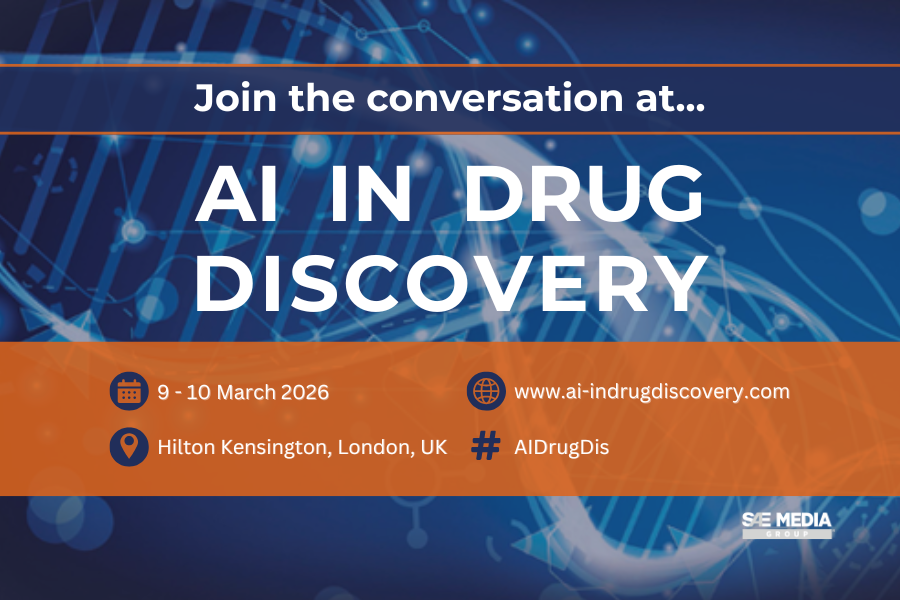Innovators in pharma/biopharma seek to implement systems that support the discovery, development, and commercial launch of new products. Of particular interest are systems to support the implementation of continuous and mutually reinforcing digital-physical feedback loops. Here, digital tools and methods enhance physical processes, and feedback from these improved physical processes informs progressive digital advancements.
In traditional, non-digitalised drug discovery Design, Make, Test, and Analyse (DMTA) cycles, each transition between stages often demands substantial human effort to transpose and translate information, bridging disparate systems and domain-specific knowledge. Inefficient management of these transitions can result in productivity loss, as practitioners must frequently consult subject matter experts to translate critical, context-dependent information from design platforms to execution and analysis systems. This reliance on manual processes also increases the risk of transposition or transcription errors, where inaccurate transfer of numerical or textual data into digital interfaces may lead to failed experiments, flawed interpretations, or misguided decisions.
Introducing modern AI-powered tools into the DMTA workflow not only streamlines these transitions but also enhances the analysis phase: advanced algorithms can rapidly process experimental data; uncover patterns that might escape human notice; and generate actionable insights. To ensure that learnings are preserved and accessible for future cycles, results from such AI-enabled analyses should be systematically documented within integrated digital repositories, allowing teams to memorialise findings, trace decisions, and enable continual refinement of the DMTA cycle. By minimising manual intervention and harnessing AI’s analytical capabilities, organisations foster a virtuous, resilient DMTA loop that seamlessly connects digital and physical domains.
























